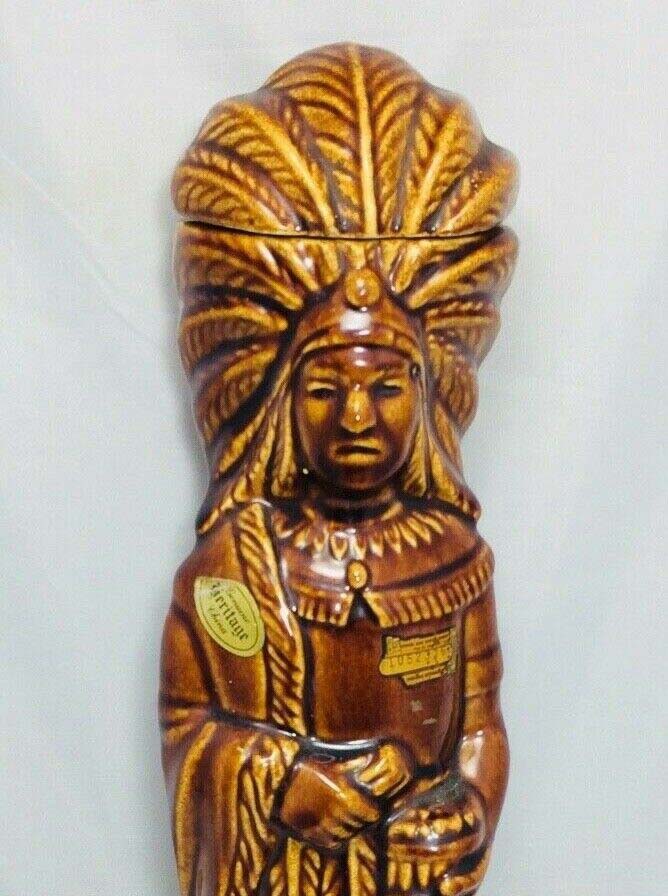Humanities speaker to discuss Cultural Stereotyping

Sept. 30, 2019
By NCTA News
CURTIS, Neb. – Nancy Gillis has spent her life in studying and teaching cultural awareness and history.
On Wednesday, a public presentation about how society develops stereotypes and has historically portrayed Native Americans, is the topic for a 6:30 p.m. program hosted at the Nebraska College of Technical Agriculture.
Professor Eric Reed invited the public to join NCTA students for “Native American Stereotyping in Popular Culture,” a program by Gillis which is sponsored by Humanities Nebraska and NCTA’s Diversity Committee.
“Images and descriptions are prevalent in conversations, advertising and many types of media,” Reed said. “These images can be misleading and even stereotypical of a race, culture and our society.”
Nancy Gillis is the former executive director of the John Neihardt State Historic Site at Bancroft, and joined the Neihardt Foundation’s Institute for Vision and Learning in 1997.
Neihardt was a Nebraska poet, author and historian who wrote many works including “Black Elk Speaks.”
She speaks at schools and civic groups about Neihardt’s work and related topics after 30 years as adjunct faculty at Wayne State College, Northeast Community College, Nebraska Indian Community College and Little Priest Tribal College.
Gillis holds a master’s degree of education in History and Sociology, a bachelor of science in History and Anthropology, and a bachelor’s degree in Native American Studies.
She will explore the historical and contemporary usage, and the impact, of images of Native Americans during the 90-minute program.
It is free of charge and open to the public.
Download a PDF of this press release